.
[ 2 poems by Arthur Sze ]
.
Entanglement
.
5
.
Along the shore, bald eagles nest in the yellow cedars—
.
my clothes reek of cedar smoke—
.
I wrap clothes around glass jars of king salmon in my knapsack—
.
standing on a dock, I board a floatplane—
.
floaters in my eyes, wherever I go—
.
wherever you go, you cannot travel faster than light—
.
synapses firing in my body are a form of light—
.
threads of fugitive dye entangled in neural firings—
.
scent of summer in the blackening leaves—
.
a black bear swipes a screen door and ransacks a kitchen—
.
we ransack the past and discover action at a distance—
.
entangled waves of near and far—
.
a photon fired through a slit behaves like a wave—
.
we inhale, and our lungs oxygenate a cosmos—
.
a fire breaks out of the secret depths of the earth—
.
revel in the beauty of form.
.
Arthur Sze
from White Orchard, new poems in The Glass Constellation, New and Collected Poems; Copper Canyon Press, Port Townsend WA; © 2024
.
❀ ❀ ❀
. .
Transpirations
.
Leaving branches of a backyard plum—
.
branches of water on a dissolving ice sheet—
.
chatter of magpies when you approach—
.
lilacs lean over the road, weighted with purple blossoms—
.
then the noon sun shimmers the grasses—
.
you ride the surge into summer—
.
smell of piñon crackling in the fireplace—
.
blued notes of a saxophone in the air—
.
not by sand running through an hourglass but by our bodies igniting—
.
passing in the form of vapors from a living body—
.
this world of orange sunlight and wildfire haze—
.
world of iron filings pulled toward magnetic south and north—
.
pool of quicksilver when you bend to tie your shoes—
.
standing, you well up with glistening eyes—
.
have you lived with utmost care?—
.
have you articulated emotions like the edges of leaves?—
.
adjust your breath to the seasonal rhythm of grasses—
.
gazing into a lake on a salt flat and drinking, in reflection, the Milky Way—
.
Arthur Sze
from White Orchard, new poems in The Glass Constellation, New and Collected Poems; Copper Canyon Press, Port Townsend WA; © 2024
.
.
❀ ❀ ❀ ❀ ❀
.
. . . . . Last night, gazing
at Orion’s belt and sword sparkling in the sky,
.
I saw how we yearn for connection where
no connection exists: what belt, what sword?
.
from Ravine, Arthur Sze
.
And yet when I try to separate things, pull them apart to understand, they feel like they are all connected. Like the lines in these poems. At first each is its own crystallized moment, its individual monoku of presence. I slow myself to read the lines again, calmer, unhurried, in sequence, and they begin to speak to each other. They entangle and combine. They spark little flashes at the back door of consciousness. Meaning wants to come in from the dark. I can’t necessarily tell you Meaning’s dimensions nor her Latin binomial, but I can say that she seems companionable. She looks and smells and speaks like someone I’d like to have come in and set a spell.
.
Meaning, are you out there waiting patiently to be found, or are you nothing but a fancy my mind creates? I know your cousin Reality is not really comprised of infinitesimal billiard balls in orbit but rather clouds of potentiality. Nevertheless, Reality and mind do interact. Quantum superposition – the wave function collapses to a defined presence when touched by consciousness. This line of poetry is infused with meanings. I bring all my history and my own potentialities to its moment of reading. Who could foresee how all those elements might react? But they do. And Meaning and I leave the event arm in arm.
.
❀ ❀ ❀
.
Arthur Sze is the twenty-fifth Poet Laureate of the United States, appointed in 2025. He was born in New York City in 1950 and lives in Santa Fe, New Mexico, with his wife poet Carol Moldaw. The Glass Constellation collects poems from ten earlier collections spanning fifty years, as well as twenty-six new poems (sampled here). It is the winner of the 2024 National Book Foundation Science and Literature Award.
.
The Glass Constellation is available from Copper Canyon Press, and you can sample two poems from Arthur Sze’s newest book, Into the Hush, at an earlier poste HERE
.
.
❀ ❀ ❀ ❀ ❀
.
Thank you for visiting Verse and Image:
. . . . . every Friday I present one or two poems I’ve read this week that particularly speak to me;
. . . . . every Saturday I present one or two poems submitted by YOU, my readers.
.
If you would like to offer a poem for consideration, either by a favorite author or your own work, please view these GUIDELINES for Saturday Readers Share:
.
.
If you would like to receive an email each time a post appears, please SUBSCRIBE to Verse and Image using the button on the Home Page.
.
If you have a hard time finding the SUBSCRIBE button on this WordPress site, you can send me your email address and I will add you to the subscriber list. Send your request to
.
COMMENTS@GRIFFINPOETRY.COM
.
Thanks again for joining the conversation.
.
– Bill
.
.
Posted in Imagery | Tagged Arthur Sze, Copper Canyon Press, Glass Constellation, imagery, nature, nature photography, poetry | 1 Comment »
.
[ 2 poems by Arthur Sze ]
.
Architectures of Emptiness
.
4
.
Mark the shadows of aspen leaves
rippling on grass; beneath a veil
of white bark, aspens have a photosynthetic
layer that absorbs sunlight
.
through winter; a magpie sails
across a yard, flutters wing feathers,
and, landing on spruce, squawks—
it speaks to you; thin-leaf alder
.
shoots rising out of the ditch speak;
you stand in Tree pose: inhale,
exhale, inhale, exhale: water
is to emptiness as sun is to language;
.
you sluice into the infinite tangle
of beginnings and ends: cottonwood
seeds swirl in the air; a wild
apricot blooms by the ditch; suddenly
.
each aspen leaf on a tree is a word,
the movement of leaves their syntax:
burns diamond light diffuse it
so we green green,
.
diamond light burns so we
diffuse it into greening—
suddenly you parse the leaves,
and they are speaking to you now:
.
Arthur Sze
from Into the Hush, Copper Canyon Press, Port Townsend WA; © 2025
.
❀ ❀ ❀
.
Farolitos
.
We pour sand into brown lunch bags, then place
a votive candle
.
inside each; at night, lined along the driveway,
the flickering lights
.
form a spirit way, but what spirit? what way?
we grieve, yearn, joy,
.
pinpoints in a greater darkness, and spy sunlight
brighten craters
.
on a half-lit moon; in this life, you may try, try
to light a match, fail,
.
fail again and again; yet, letting go, you strike
a tip one more time
.
when it bursts into flame— now the flames
are lights in bags again,
.
and we glimpse the willow tips clutch at a lunar
promise of spring.
.
Arthur Sze
from Into the Hush, Copper Canyon Press, Port Townsend WA; © 2025
.
.
❀ ❀ ❀ ❀ ❀
.
Yogis call these buoyed minutes / the moment of the universe, and who knows . . .
.
Who knows? Knowing has been the false hare speeding in front of me, dragging my greyhound brain around and around this crazy dog track of a life. Learn another thing, cinch it down into the sack of knowing with all those others. Linda’s disgust is apparent: “You know everything.” Well, I know I don’t, but that’s not because I wouldn’t like to. . . . if spruce, aspen, and a golden rain tree / converse, like mycelium, through roots? Ooh, I would like to know that.
.
Meanwhile, in the buoyed minutes of not knowing, the universe is trying to speak. Perhaps I do know that I will not get far with parsing the language of rustling leaves while perched at my desk with graph paper and pen. I remember riding in the car with my mother when I was six, suddenly realizing I couldn’t NOT read the signs as they passed. So hungry is the hound brain for something to know. But Time, being a line and therefore composed of an infinite number of points between each moment A and moment B, cannot be filled with knowing. What remains unfilled, the emptiness – is that the domain of despair? of wisdom? of grief? of joy?
.
❀ ❀ ❀
.
Arthur Sze is the twenty-fifth Poet Laureate of the United States, appointed in 2025. He was born in New York City in 1950 and lives in Santa Fe, New Mexico, with his wife poet Carol Moldaw. Into the Hush, his twelfth book of poetry, travels the geography of tropics and desert, seaside and riverside. It also travels the geography of memory, contemplation, suffering, and redemption. When the buzz of molecule and distant star, the thrash of tempest and desecration, the murmur of guilt and doubt, when all of these have stilled we enter into the hush.
.
Into the Hush from Copper Canyon Press.
.
.
❀ ❀ ❀ ❀ ❀
.
Thank you for visiting Verse and Image:
. . . . . every Friday I present one or two poems I’ve read this week that particularly speak to me;
. . . . . every Saturday I present one or two poems submitted by YOU, my readers.
.
If you would like to offer a poem for consideration, either by a favorite author or your own work, please view these GUIDELINES for Saturday Readers Share:
.
.
If you would like to receive an email each time a post appears, please SUBSCRIBE to Verse and Image using the button on the Home Page.
.
If you have a hard time finding the SUBSCRIBE button on this WordPress site, you can send me your email address and I will add you to the subscriber list. Send your request to
.
COMMENTS@GRIFFINPOETRY.COM
.
Thanks again for joining the conversation.
.
– Bill
.
.
Posted in Ecopoetry | Tagged Arthur Sze, Copper Canyon Press, Ecopoetry, imagery, Into the Hush, nature photography, poetry | 4 Comments »
.
Saturday morning readers share:
Paul Karnowski
.
My Brain is a Dog
.
which has its ups and downs.
Lunging on his leash,
he takes me places I may not want to go,
sniffing nuanced scents of random thoughts
found along the trail.
.
I dare not let him roam
lest I lose my mind.
But what to do?
Make him march in time
with logic’s haughty steps?
To be ever cogent and correct
seems a little cold, even cruel.
.
Maybe fence him in a big backyard,
let his neurons freely fire,
with no fear of burning down the house.
.
He eats his meals from shelves of books
and snacks upon the bits and bytes
of googlicious treats.
.
There’s lots of
who and what, where and when,
but mostly
why, oh why, oh why?
.
He keeps me up half the night,
paws pounding round
the racetrack of my head,
chasing squirrels of what’s to come,
and what’s been left behind.
.
No matter what the night might bring,
the squeaky toy of his existence
wakes me every dawn to greet another day,
another day of work and play.
.
Good boy!
.
Paul Karnowski
First published in the March 2025 edition of Witcraft
.
.
Paul Karnowski, an artist, poet, and retired art teacher, lives on a few acres just north of Asheville along with his dog Bingo and his overactive brain. He spends his days growing flowers, vegetables, paintings and poems.
.
Additional poetry by Paul Karnowski at Verse and Image:
.
❀ ❀ ❀ ❀ ❀
Thank you for visiting Verse and Image:
. . . . . every Friday I present one or two poems I’ve read this week that particularly speak to me;
. . . . . every Saturday I present one or two poems submitted by YOU, my readers.
.
If you would like to offer a poem for consideration, either by a favorite author or your own work, please view these GUIDELINES for Saturday Readers Share:
.
.
If you would like to receive an email each time a post appears, please SUBSCRIBE to Verse and Image using the button on the Home Page.
.
If you have a hard time finding the SUBSCRIBE button on this WordPress site, you can send me your email address and I will add you to the subscriber list. Send your request to
.
COMMENTS@GRIFFINPOETRY.COM
.
Thanks again for joining the conversation.
.
– Bill
.
.
Posted in Saturday Share | 2 Comments »
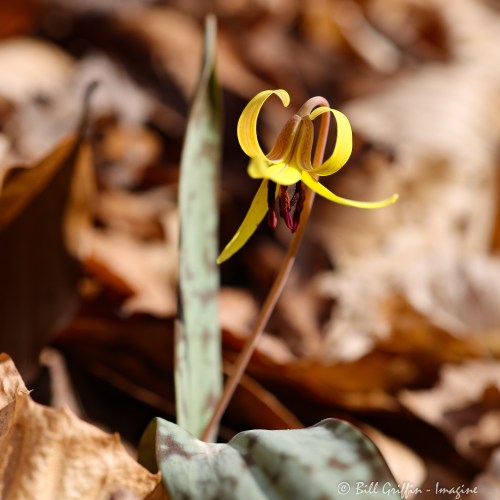
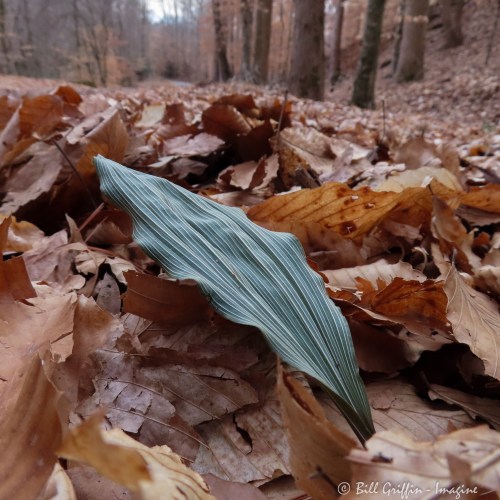
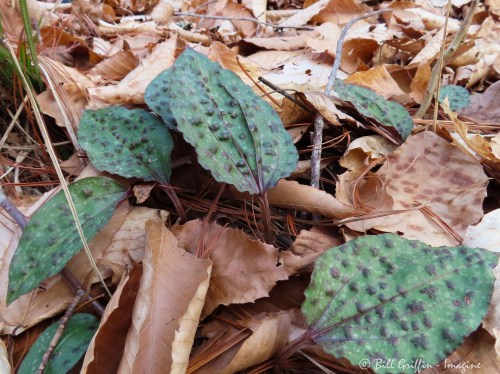
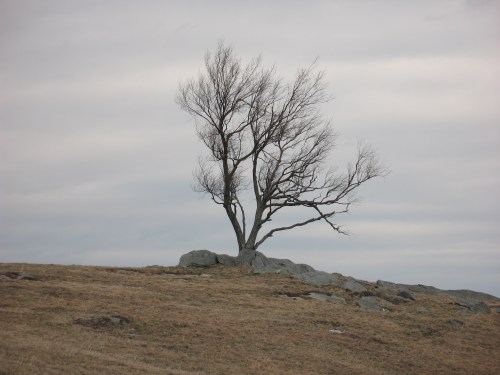
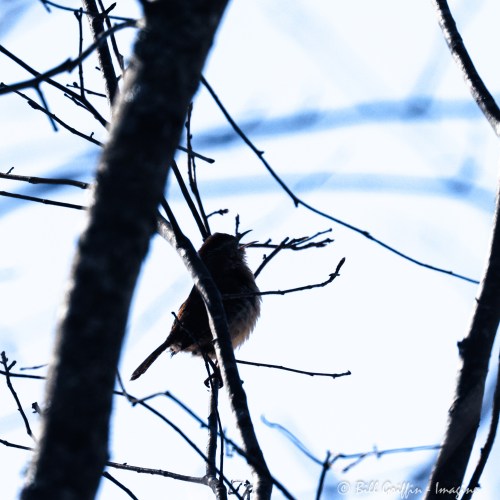



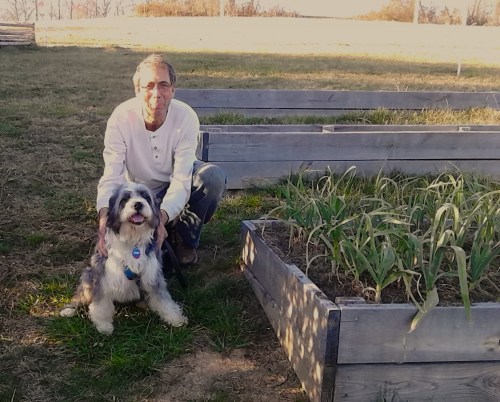
"Spooky action at a distancd," is how Einstein describes entanglement. Everything is entangled physically, emotionally, spiritually. Maybe not the way…